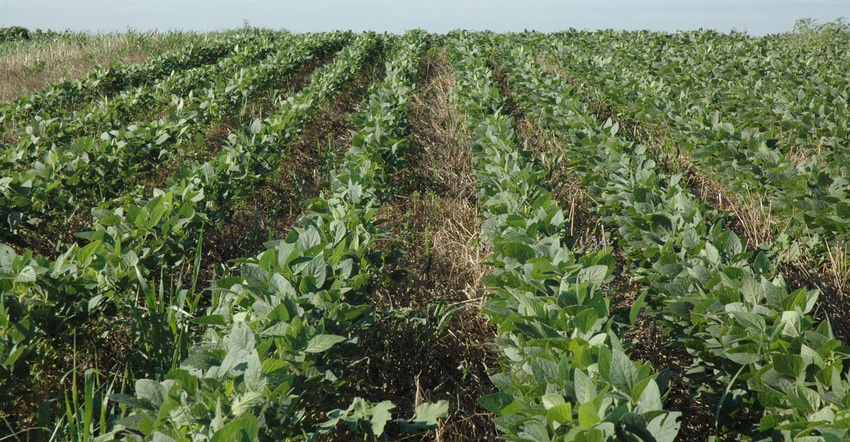
With USDA's Risk Management Agency adjusting the federal crop insurance program, now is the time to know what is happening to your policies.
Shane Albertson, FCS Financial crop insurance team leader, says farmers and ranchers should make a point to visit with their crop insurance agent this month. Below are a few topics worth discussing to see how they may influence your operation.
Flood-damaged grain quality. New quality statements have been added to the provision concerning flood-damaged grain considered to be adulterated and injurious to human and animal health. First, producers need to report flooded grain to the insurance company before attempting to destroy or harvest it. Second, if a producer harvests production from flood-damaged acres and commingles it with other grain acres, the flood-damaged grain will not be adjusted for quality deficiencies.
Expanded grain sorghum coverage. The USDA RMA expanded coverage levels for many counties in Missouri to 80% and 85%.
Breached levee statements. The statement covers ground where levees were breached last year in Franklin and Sainte Genevieve counties. This ground is still insurable, but many individuals have a higher risk rate imposed if repairs to the levee and soil are not completed and certified to prior specifications before the dates listed in the statement.
Production records. RMA wants production records kept at an optional unit level if the databases are set up that way, even if farmers have enterprise units or basic units. Albertson suggests visiting with your agent about best practices for keeping production records.
Conservation compliance. Since the last farm bill, conservation compliance is linked with the crop insurance subsidy. Farmers and landowners must file proper paperwork with the county Farm Service Agency office by June 1 of the previous year to be eligible for the crop insurance premium subsidy. If producers begin farming or create a new entity after June 1 of the previous year, they may be able to receive the subsidy by requesting a one-time exemption through their crop insurance agent before the earliest acreage reporting date of the crop insurance year. This is especially important for those setting up new business entities, like a limited liability corporation (LLC).
Whole farm revenue protection. This product is now available in Missouri. It provides protection for all commodities on the farm under one insurance policy, Albertson explains. "This product is able to even provide protection for crops that have been historically uninsurable in Missouri."
Grain bags. If producers decide to use grain bags to store their crop, Albertson suggests they set up an inspection or claim so an adjuster can appraise the crop before it goes into the bag. He says that grain measurement formulas for grain bags can be inaccurate.
Livestock feeding records. Farmers that feed their production to livestock need to keep a contemporaneous feed log. Albertson realizes that daily records are hard to keep and suggests that "the insured notify their agent before feeding any production, so the insurance company can measure the production and eliminate the need for feed records."
Timeliness of claim submissions. A producer submitting a production loss must notify his or her crop insurance agent within 72 hours of the discovery of damage, but no later than 15 days after the end of the insurance period. Producers need to understand what constitutes the end of the insurance period. Albertson suggests that "insured policyholders visit with their crop insurance agent concerning claims submission timelines for different types of claims."
About the Author(s)
You May Also Like






